The Edict of Cyrus and Notions of Restoration in Ezra-Nehemiah and Chronicles
Published: Oct 2020
£50.00
The Edict of Cyrus, both opening Ezra-Nehemiah (Ezra 1:1-4) and closing Chronicles (2 Chron. 36:22-23), serves a different role in each book. In Ezra —Nehemiah, it is a command resulting in a restoration event that has failed, whereas in Chronicles it is a command anticipating a successful future restoration event. In the context of canon, these different uses of the edict are theologically significant, especially in formulating ideas of hope for the future in Chronicles.
While Chronicles is aware that a historical restoration transpired sometime in the past (1 Chron. 3:19-24; 9:2-44), it shares the sentiment of Ezra —Nehemiah, that the return was something of a failure. Through compositional analysis, Gilhooley argues that the edict closing Chronicles portrays the true, or rather, complete restoration not as a past event to be reflected upon but rather one to be anticipated sometime in the future —at a time when Israel was expected to see the establishment of a new glorified temple, political independence, release from servitude, and the blessings of new creation and of new cultic order.
Reading Chronicles as the last book of the Old Testament in accordance with various Jewish witnesses, we find that the edict is transformed into a programmatic conclusion to the canon. Accordingly, the eschatological return to Zion and reconstruction of the temple appear to be dominating concerns of the canonical editors. These verses that bring to an end both Chronicles and the Old Testament as a whole may also be read in dialogue with canon-conscious structural markers elsewhere and, therefore, could be formative in constructing a canonical theology.
The Edict of Cyrus and Notions of Restoration in Ezra-Nehemiah and Chronicles
£50.00
The Edict of Cyrus, both opening Ezra-Nehemiah (Ezra 1:1-4) and closing Chronicles (2 Chron. 36:22-23), serves a different role in each book. In Ezra —Nehemiah, it is a command resulting in a restoration event that has failed, whereas in Chronicles it is a command anticipating a successful future restoration event. In the context of canon, these different uses of the edict are theologically significant, especially in formulating ideas of hope for the future in Chronicles.
While Chronicles is aware that a historical restoration transpired sometime in the past (1 Chron. 3:19-24; 9:2-44), it shares the sentiment of Ezra —Nehemiah, that the return was something of a failure. Through compositional analysis, Gilhooley argues that the edict closing Chronicles portrays the true, or rather, complete restoration not as a past event to be reflected upon but rather one to be anticipated sometime in the future —at a time when Israel was expected to see the establishment of a new glorified temple, political independence, release from servitude, and the blessings of new creation and of new cultic order.
Reading Chronicles as the last book of the Old Testament in accordance with various Jewish witnesses, we find that the edict is transformed into a programmatic conclusion to the canon. Accordingly, the eschatological return to Zion and reconstruction of the temple appear to be dominating concerns of the canonical editors. These verses that bring to an end both Chronicles and the Old Testament as a whole may also be read in dialogue with canon-conscious structural markers elsewhere and, therefore, could be formative in constructing a canonical theology.
Performing Masculinity in the Hebrew Bible
Published: Oct 2020
£65.00
In Performing Masculinity, the eminent Bulgarian literary critic Milena Kirova turns her attention to the Hebrew Bible, offering a reworking and condensation of two volumes of essays she published in Bulgarian in 2011 and 2017. Her chapters, each with an attractive and stimulating title, present a distinctive voice in current debates about masculinity in the Hebrew Bible.
Masculinity studies have been developing during the last half a century, but there is still some opposition, not always conscious, to the field. Studies in masculinity in the Bible have an even shorter history and have created as yet little by way of a tradition among biblical scholars: it is a field still under development.
Kirova has researched a rich variety of narrative situations, poetic characteristics, and symbolic functions of biblical men. Her research here is especially focused on the regal roles ascribed to masculinity in the ancient world.
Among the intriguing questions Kirova poses are these: Why should heroes be beautiful? What is the benefit of weeping, and weeping eloquently? Why problematize what is 'natural'? Who is the 'bramble king'? The ten chapters of Performing Masculinity are deliberately interdisciplinary: anthropology, psychoanalysis, literary and gender studies complement biblical criticism. A variety of audiences will find the book a pleasure and an education.
Performing Masculinity in the Hebrew Bible
£65.00
In Performing Masculinity, the eminent Bulgarian literary critic Milena Kirova turns her attention to the Hebrew Bible, offering a reworking and condensation of two volumes of essays she published in Bulgarian in 2011 and 2017. Her chapters, each with an attractive and stimulating title, present a distinctive voice in current debates about masculinity in the Hebrew Bible.
Masculinity studies have been developing during the last half a century, but there is still some opposition, not always conscious, to the field. Studies in masculinity in the Bible have an even shorter history and have created as yet little by way of a tradition among biblical scholars: it is a field still under development.
Kirova has researched a rich variety of narrative situations, poetic characteristics, and symbolic functions of biblical men. Her research here is especially focused on the regal roles ascribed to masculinity in the ancient world.
Among the intriguing questions Kirova poses are these: Why should heroes be beautiful? What is the benefit of weeping, and weeping eloquently? Why problematize what is 'natural'? Who is the 'bramble king'? The ten chapters of Performing Masculinity are deliberately interdisciplinary: anthropology, psychoanalysis, literary and gender studies complement biblical criticism. A variety of audiences will find the book a pleasure and an education.
Like the Stars Forever: Narrative and Theology in the Book of Daniel
Published: Oct 2020
£65.00
This anthology of Meadowcroft's essays (all but one previously published) coheres around three claims he makes about the book of Daniel. The first is that Daniel should be understood primarily as a wisdom figure, and that the first chapter of the book of Daniel is programmatic in that regard. The second is that the vision of the one like a son of man represents a theological hinge that guides an understanding of both the tales and the visions as expressions of participation in the divine life on the part of the wise Daniel and his people. The third claim is that the final chapter of Daniel, as the capstone of the wisdom story of Daniel, shows the aim of wise participation in the divine life as an enduring legacy of righteousness in those who encounter this wisdom.
These claims are supported by a close reading of aspects of the narrative art on display in the book of Daniel; an exegetical appreciation of the interpretative impact of understanding the faithful wise as expressive of the hopes placed in the temple by the ancient people; and a theological and contextual reading of the experiences of Daniel and his friends —in the daily routines of life in the Babylonian and Persian courts, and in those strange apocalyptic encounters of the later chapters. From such reading there emerges the paradoxical nature of faith as certain hope and ethical clarity alongside mystery and uncertainty and the call to patient endurance. This delicate dance between certainty and patience, clarity and mystery was a feature of the experience of Daniel and his people in their time of exile, of later readers suffering under the heel of Antiochus Epiphanes, of those resisting the claims to lordship on the part of Rome, and still today of readers of the book of Daniel wherever empire is encountered and resisted.
Like the Stars Forever: Narrative and Theology in the Book of Daniel
£65.00
This anthology of Meadowcroft's essays (all but one previously published) coheres around three claims he makes about the book of Daniel. The first is that Daniel should be understood primarily as a wisdom figure, and that the first chapter of the book of Daniel is programmatic in that regard. The second is that the vision of the one like a son of man represents a theological hinge that guides an understanding of both the tales and the visions as expressions of participation in the divine life on the part of the wise Daniel and his people. The third claim is that the final chapter of Daniel, as the capstone of the wisdom story of Daniel, shows the aim of wise participation in the divine life as an enduring legacy of righteousness in those who encounter this wisdom.
These claims are supported by a close reading of aspects of the narrative art on display in the book of Daniel; an exegetical appreciation of the interpretative impact of understanding the faithful wise as expressive of the hopes placed in the temple by the ancient people; and a theological and contextual reading of the experiences of Daniel and his friends —in the daily routines of life in the Babylonian and Persian courts, and in those strange apocalyptic encounters of the later chapters. From such reading there emerges the paradoxical nature of faith as certain hope and ethical clarity alongside mystery and uncertainty and the call to patient endurance. This delicate dance between certainty and patience, clarity and mystery was a feature of the experience of Daniel and his people in their time of exile, of later readers suffering under the heel of Antiochus Epiphanes, of those resisting the claims to lordship on the part of Rome, and still today of readers of the book of Daniel wherever empire is encountered and resisted.
Samson and Delilah: Selected Essays
Published: July 2020
£75.00
Samson and Delilah. Well-known biblical figures in a tale of deception, betrayal and a haircut. Or is there more to the tale than this?
There is, in fact, a good deal more, as J. Cheryl Exum demonstrates in this wide-ranging collection of her essays. Far from being a simple story, the tale in Judges 13 —16 about Samson and his adventures, culminating in his fatal liaison with Delilah, is a subtle, nuanced and highly complex narrative with an elaborate literary structure, a sophisticated theological programme, and an ambitious and problematic androcentric agenda. It is, moreover, a story that lives on in literature, art, music and even Hollywood films.
The eleven essays brought together in this volume investigate the Samson story from a diversity of critical perspectives and in a variety of its afterlives. Both Samson and Delilah are characters of many facets, as these essays reveal, and Judges 13 —16 emerges from this investigation as a story that encourages and supports rather than resists multiple, often incompatible, modes of reading it.
Samson and Delilah: Selected Essays
£75.00
Samson and Delilah. Well-known biblical figures in a tale of deception, betrayal and a haircut. Or is there more to the tale than this?
There is, in fact, a good deal more, as J. Cheryl Exum demonstrates in this wide-ranging collection of her essays. Far from being a simple story, the tale in Judges 13 —16 about Samson and his adventures, culminating in his fatal liaison with Delilah, is a subtle, nuanced and highly complex narrative with an elaborate literary structure, a sophisticated theological programme, and an ambitious and problematic androcentric agenda. It is, moreover, a story that lives on in literature, art, music and even Hollywood films.
The eleven essays brought together in this volume investigate the Samson story from a diversity of critical perspectives and in a variety of its afterlives. Both Samson and Delilah are characters of many facets, as these essays reveal, and Judges 13 —16 emerges from this investigation as a story that encourages and supports rather than resists multiple, often incompatible, modes of reading it.
The Bible on Violence: A Thick Description.
Published: July 2020
£70.00
In June 2019 the Centre for the Study of Bible and Violence (CSBV) held its inaugural academic conference, and we are delighted to present this collection of papers drawn from those presented at the event. The centre is a postgraduate research and study centre dedicated to working in the area of the interpretation of biblical texts of violence. This wide-ranging collection reflects the centre's core values of generous collaboration, irenic listening, and multidisciplinary scholarship.
Biblical violence presents a complex challenge to the biblical interpreter, the cultural commentator and to belief communities. In the pluriformity of interpretative approaches, the violent texts of the Bible have been taken up in ways that sometimes advance and sometimes challenge violence. Thus, biblical violence cannot be 'solved' by the application of a single hermeneutical lens: this is a multidisciplinary and intercommunal problem requiring a range of approaches.
With contributions from both emerging and established academics, and scholars from several different belief traditions, and none, this volume both offers and models a 'thick description' of biblical violence. Two papers, including our keynote address from James Crossley, critically consider the use of biblical texts for the promotion of violence. A cluster of papers offer novel interpretive approaches to a wide range of texts of biblical violence, from both testaments and a range of genres. A further section brings the Bible into conversation with diverse elements of modern violence, from Grenfell Tower to suicide bombing. In the final part, the focus is on sexual violence, including a critical discourse analysis of divorce sermons and an exploration of the value to modern abuse survivors of naming Jesus as the victim of sexual abuse.
The Bible on Violence: A Thick Description.
£70.00
In June 2019 the Centre for the Study of Bible and Violence (CSBV) held its inaugural academic conference, and we are delighted to present this collection of papers drawn from those presented at the event. The centre is a postgraduate research and study centre dedicated to working in the area of the interpretation of biblical texts of violence. This wide-ranging collection reflects the centre's core values of generous collaboration, irenic listening, and multidisciplinary scholarship.
Biblical violence presents a complex challenge to the biblical interpreter, the cultural commentator and to belief communities. In the pluriformity of interpretative approaches, the violent texts of the Bible have been taken up in ways that sometimes advance and sometimes challenge violence. Thus, biblical violence cannot be 'solved' by the application of a single hermeneutical lens: this is a multidisciplinary and intercommunal problem requiring a range of approaches.
With contributions from both emerging and established academics, and scholars from several different belief traditions, and none, this volume both offers and models a 'thick description' of biblical violence. Two papers, including our keynote address from James Crossley, critically consider the use of biblical texts for the promotion of violence. A cluster of papers offer novel interpretive approaches to a wide range of texts of biblical violence, from both testaments and a range of genres. A further section brings the Bible into conversation with diverse elements of modern violence, from Grenfell Tower to suicide bombing. In the final part, the focus is on sexual violence, including a critical discourse analysis of divorce sermons and an exploration of the value to modern abuse survivors of naming Jesus as the victim of sexual abuse.
The Dictionary of Classical Hebrew Revised. II. Beth-Waw
Published: Nov 2019
£150.00
The Dictionary of Classical Hebrew Revised (DCHR) is a complete revision (2018–2028) in nine volumes, with over 100,000 improvements, of the original DCH, i.e. Dictionary of Classical Hebrew (1993–2016). This second Volume contains some 2,071 words (lemmas), of which 838 are 'new words' (i.e. not in the standard lexicon of BDB); DCHR II thus adds c. 60% to the number of words for Beth —Waw that are to be found in other Hebrew dictionaries. This revised volume is 40% longer than DCH II (1995), which it replaces. The Dictionary of Classical Hebrew Revised , when completed, will contain more than 6,420 Hebrew words not in BDB, and will refer to many newly published texts, including 540 Dead Sea Scrolls and 4,000 ancient Hebrew inscriptions. New features in DCHR include: a notation of 4,285 byforms (words with the same meaning and similar form) identified for the first time; 717 verbal nouns (nouns derived from a verb) with their own articles (not previously shown in Hebrew lexica), 345 denominative verbs (verbs derived from a noun), and the semantic field to which every word belongs (a totally new feature for Hebrew dictionaries). Data on synonyms have been greatly expanded, and loanwords from other languages included. Articles on personal names show (for the first time) all short forms, long forms, and alternative forms of each name, the Bibliography has been updated and expanded, and 35,000 emendations of biblical texts noted. Every occurrence of each word in Classical Hebrew is noted. All the subjects and objects of verbs are listed, and the verbs used with each noun, as well as all nouns used in a construct (genitive) relation with another noun. As with DCH , every Hebrew word in the Dictionary (except for the variant forms of a word, the byforms and the sections on synonyms) is followed immediately by an English translation, so that the Dictionary can be easily understood by a person with little or no Hebrew. When completed, DCHR will be 5 million words in length (equivalent to 50 standard-size books), 25% longer than DCH , and 4 times the length of BDB and HALOT . The nine volumes of DCHR are expected to be published at intervals of approximately one year after the first volume in August 2018. There is a special discount price for customers subscribing to the DCHR set, and an easy payment plan (details from phoenix.bibs@sheffield.ac.uk).
The Dictionary of Classical Hebrew Revised. II. Beth-Waw
£150.00
The Dictionary of Classical Hebrew Revised (DCHR) is a complete revision (2018–2028) in nine volumes, with over 100,000 improvements, of the original DCH, i.e. Dictionary of Classical Hebrew (1993–2016). This second Volume contains some 2,071 words (lemmas), of which 838 are 'new words' (i.e. not in the standard lexicon of BDB); DCHR II thus adds c. 60% to the number of words for Beth —Waw that are to be found in other Hebrew dictionaries. This revised volume is 40% longer than DCH II (1995), which it replaces. The Dictionary of Classical Hebrew Revised , when completed, will contain more than 6,420 Hebrew words not in BDB, and will refer to many newly published texts, including 540 Dead Sea Scrolls and 4,000 ancient Hebrew inscriptions. New features in DCHR include: a notation of 4,285 byforms (words with the same meaning and similar form) identified for the first time; 717 verbal nouns (nouns derived from a verb) with their own articles (not previously shown in Hebrew lexica), 345 denominative verbs (verbs derived from a noun), and the semantic field to which every word belongs (a totally new feature for Hebrew dictionaries). Data on synonyms have been greatly expanded, and loanwords from other languages included. Articles on personal names show (for the first time) all short forms, long forms, and alternative forms of each name, the Bibliography has been updated and expanded, and 35,000 emendations of biblical texts noted. Every occurrence of each word in Classical Hebrew is noted. All the subjects and objects of verbs are listed, and the verbs used with each noun, as well as all nouns used in a construct (genitive) relation with another noun. As with DCH , every Hebrew word in the Dictionary (except for the variant forms of a word, the byforms and the sections on synonyms) is followed immediately by an English translation, so that the Dictionary can be easily understood by a person with little or no Hebrew. When completed, DCHR will be 5 million words in length (equivalent to 50 standard-size books), 25% longer than DCH , and 4 times the length of BDB and HALOT . The nine volumes of DCHR are expected to be published at intervals of approximately one year after the first volume in August 2018. There is a special discount price for customers subscribing to the DCHR set, and an easy payment plan (details from phoenix.bibs@sheffield.ac.uk).
Divine Election in the Hebrew Bible
Published: Nov 2019
£60.00
To citizens of the modern world the idea that someone or something might be especially elected by God seems problematic. If someone is elected, someone else is not elected. Does the God of all people have preferences? The idea that one particular nation should be elected by God is particularly difficult to accept.
Nevertheless, as this study intends to show, divine election is a central theme in the Hebrew Bible, and present in all its main parts. There are central acts of elections and less central acts of election. Abraham is elected as the founder of the people of Israel. Moses is elected as the ancestor of the religious and political people of Israel. David is elected as first of the Davidic kings. The election of these persons represents something more important than the persons themselves.
There are also other significant acts of election in the Hebrew Bible, especially the election of the land of Israel and of the city of Jerusalem. As well, there is the election of individuals such as the prophets. And even the Assyrians, the Babylonians and King Cyrus of Persia are presented as elected by God for special tasks.
A new full-length study of the important concept of divine election in the Hebrew Bible is long overdue, and Hagelia's readable and balanced monograph can be expected to bring the topic back into contemporary conversation.
Divine Election in the Hebrew Bible
£60.00
To citizens of the modern world the idea that someone or something might be especially elected by God seems problematic. If someone is elected, someone else is not elected. Does the God of all people have preferences? The idea that one particular nation should be elected by God is particularly difficult to accept.
Nevertheless, as this study intends to show, divine election is a central theme in the Hebrew Bible, and present in all its main parts. There are central acts of elections and less central acts of election. Abraham is elected as the founder of the people of Israel. Moses is elected as the ancestor of the religious and political people of Israel. David is elected as first of the Davidic kings. The election of these persons represents something more important than the persons themselves.
There are also other significant acts of election in the Hebrew Bible, especially the election of the land of Israel and of the city of Jerusalem. As well, there is the election of individuals such as the prophets. And even the Assyrians, the Babylonians and King Cyrus of Persia are presented as elected by God for special tasks.
A new full-length study of the important concept of divine election in the Hebrew Bible is long overdue, and Hagelia's readable and balanced monograph can be expected to bring the topic back into contemporary conversation.
The Subversive Chronicler: Narrative Film Theory and Canon Criticism Refocus his Intention
Published: Nov 2019
£55.00
In 1 and 2 Chronicles, commentators have long noted a pattern of retributive justice whereby kings who comply with Yahweh's will are rewarded with long life and honourable burial, whereas those who do not are disgraced. However, another pattern significantly emerges from a group of kings whose careers display an unexpected reversal. No convincing consensus has yet emerged to explain this reversal pattern.
By exploring and adopting the insights of narrative film theory, particularly of cognitive film semiotics, into the effects of macro-repetition, Son uncovers the implications of these unexpected reversals. As the reversal pattern is interwoven with the retributive pattern, the narrative emerges as a falsifying narration, provoking a deep scepticism about the conventional view of retribution theology.
Deleuzian film theory offers a crucial insight into how this falsifying narration works. The reversal pattern has a destabilizing effect, which suggests that the Chronicler's theological outlook is more nuanced than that of Samuel —Kings, or perhaps even frankly subversive of it. From a canonical perspective, furthermore, the presence of the Chronicler's work in the Ketuvim points to its potential function as a subtle theological readjustment in the postexilic Jewish community.
The Subversive Chronicler is then a challenge to the Chronicler's theology as it is commonly understood and also as a refocusing of its difference from the historiography of Samuel —Kings.
The Subversive Chronicler: Narrative Film Theory and Canon Criticism Refocus his Intention
£55.00
In 1 and 2 Chronicles, commentators have long noted a pattern of retributive justice whereby kings who comply with Yahweh's will are rewarded with long life and honourable burial, whereas those who do not are disgraced. However, another pattern significantly emerges from a group of kings whose careers display an unexpected reversal. No convincing consensus has yet emerged to explain this reversal pattern.
By exploring and adopting the insights of narrative film theory, particularly of cognitive film semiotics, into the effects of macro-repetition, Son uncovers the implications of these unexpected reversals. As the reversal pattern is interwoven with the retributive pattern, the narrative emerges as a falsifying narration, provoking a deep scepticism about the conventional view of retribution theology.
Deleuzian film theory offers a crucial insight into how this falsifying narration works. The reversal pattern has a destabilizing effect, which suggests that the Chronicler's theological outlook is more nuanced than that of Samuel —Kings, or perhaps even frankly subversive of it. From a canonical perspective, furthermore, the presence of the Chronicler's work in the Ketuvim points to its potential function as a subtle theological readjustment in the postexilic Jewish community.
The Subversive Chronicler is then a challenge to the Chronicler's theology as it is commonly understood and also as a refocusing of its difference from the historiography of Samuel —Kings.
The Song of Songs Afresh: Perspectives on a Biblical Love Poem
Published: Oct 2019
£60.00
This volume is one of the fruits of a six-year series of international conferences on the Song of Songs. The 13 diverse articles here being presented in four categories.
1. Classical exegetical studies. What does the blackness of the woman signify? Ausloos sees a tension between an exegetically appropriate and a politically correct interpretation, Biernot an example of Jewish discourse on blackness and whiteness ranging from antiquity to modern times. The function of the so-called dream in the Song is examined in the context of dreams in the ancient Near East with their two kinds of wake-up expressions (Fernandes). Fischer sees the daughters of Jerusalem as a means of identification for the reader and as placeholders for the young women of society. Next are intertextual readings of the Shulammite with a South African poem (Lombaard) and of the Song's vision of love with mythological traces in the Hebrew Bible (Mathys).
2. Post-modern exegetical studies. Included is a dialogue on horses in love and war (Landy and Metzler), a psychoanalytical reading on the theme of death (van der Zwan), and a blend of Ricoeur and cognitive metaphor theory that profiles the man in the Song (Verde).
3. Jewish studies. Baraniak studies the targumic exegesis, and DamohorskÌÁ the Song in Passover Piyyutim.
4. Hermeneutics. Responsible exegesis of the Song is Oosthuizen's theme, and Scheffler's is varieties of allegorizing.
The Song of Songs Afresh: Perspectives on a Biblical Love Poem
£60.00
This volume is one of the fruits of a six-year series of international conferences on the Song of Songs. The 13 diverse articles here being presented in four categories.
1. Classical exegetical studies. What does the blackness of the woman signify? Ausloos sees a tension between an exegetically appropriate and a politically correct interpretation, Biernot an example of Jewish discourse on blackness and whiteness ranging from antiquity to modern times. The function of the so-called dream in the Song is examined in the context of dreams in the ancient Near East with their two kinds of wake-up expressions (Fernandes). Fischer sees the daughters of Jerusalem as a means of identification for the reader and as placeholders for the young women of society. Next are intertextual readings of the Shulammite with a South African poem (Lombaard) and of the Song's vision of love with mythological traces in the Hebrew Bible (Mathys).
2. Post-modern exegetical studies. Included is a dialogue on horses in love and war (Landy and Metzler), a psychoanalytical reading on the theme of death (van der Zwan), and a blend of Ricoeur and cognitive metaphor theory that profiles the man in the Song (Verde).
3. Jewish studies. Baraniak studies the targumic exegesis, and DamohorskÌÁ the Song in Passover Piyyutim.
4. Hermeneutics. Responsible exegesis of the Song is Oosthuizen's theme, and Scheffler's is varieties of allegorizing.
The Reality of Religious Violence: From Biblical to Modern Times
Published: Sep 2019
£75.00
Violence and religion have been interacting from the beginning of recorded history according to The Reality of Religious Violence: From Biblical to Modern Times. This book addresses two major questions: 1. Does religious violence exist? 2. If so, how is it different from other types of violence?
The first question is a reaction to a whole stream of scholarship led by William T. Cavanaugh, author of The Myth of Religious Violence (2009), which denies that religious violence is a specific category of violence over against many other types of violence that we can name. The second question is whether 'religious violence' is a useful category at all.
This book argues that religious violence is not only a useful category, but also a necessary one if we are to understand our history and seek solutions. It is true, nevertheless, that wars and other types of violence can be caused by problems that have nothing to do with religion.
What is central to this book is the ethical quality of religious violence. Non-religious violence arises from causes one can detect (e.g. oil, water, money). Religious violence does not have any detectable cause, since there is no supernatural force or being that we can identify as the cause. That is what makes religious violence more tragic. Detailed examples are drawn from the Hebrew Bible, Christian texts, and Muslim texts.
The Reality of Religious Violence: From Biblical to Modern Times
£75.00
Violence and religion have been interacting from the beginning of recorded history according to The Reality of Religious Violence: From Biblical to Modern Times. This book addresses two major questions: 1. Does religious violence exist? 2. If so, how is it different from other types of violence?
The first question is a reaction to a whole stream of scholarship led by William T. Cavanaugh, author of The Myth of Religious Violence (2009), which denies that religious violence is a specific category of violence over against many other types of violence that we can name. The second question is whether 'religious violence' is a useful category at all.
This book argues that religious violence is not only a useful category, but also a necessary one if we are to understand our history and seek solutions. It is true, nevertheless, that wars and other types of violence can be caused by problems that have nothing to do with religion.
What is central to this book is the ethical quality of religious violence. Non-religious violence arises from causes one can detect (e.g. oil, water, money). Religious violence does not have any detectable cause, since there is no supernatural force or being that we can identify as the cause. That is what makes religious violence more tragic. Detailed examples are drawn from the Hebrew Bible, Christian texts, and Muslim texts.
God and Humans in the Hebrew Bible and Beyond: A Festschrift for Lennart Boström on his 67th Birthday
Published: Sep 2019
£70.00
In 1990, in his important study The God of the Sages: The Portrayal of God in the Book of Proverbs, Lennart Boström tackled the issue of how the sages viewed their God and God's relationship with the world. In honour of Boström, and in line with that study, this Festschrift takes up this issue anew. A number of international specialists, including James Crenshaw, Göran Eidevall, Mark A. Throntveit, and Antti Laato, discuss various aspects of how God and humans are portrayed in the Bible.
The first section of the book focuses on notions of God. There is a fresh look at monolatry in the Hebrew Bible, and at God's faithfulness in Paul's soteriology. The second section deals with humans, featuring, for example, two articles on Psalm 8.5, one with a focus on the Hebrew Bible, and the other reading the psalm through the eyes of women in Myanmar. There is also an article on angst in wisdom literature.
The third section brings God and humans into dialogue, looking at how various interpretations of suffering in the psalms shape the view of the divine —human relationship, or how God and humans relate to each other in books like Jonah and Ruth. The fourth and last section of the book focuses on God and God's people, where new proposals are presented on the roles played by Zion and by the ten commandments.
This volume presents stimulating and up-to-date engagements with its theme, an excellent resource for scholars of both the Hebrew Bible and the New Testament.
God and Humans in the Hebrew Bible and Beyond: A Festschrift for Lennart Boström on his 67th Birthday
£70.00
In 1990, in his important study The God of the Sages: The Portrayal of God in the Book of Proverbs, Lennart Boström tackled the issue of how the sages viewed their God and God's relationship with the world. In honour of Boström, and in line with that study, this Festschrift takes up this issue anew. A number of international specialists, including James Crenshaw, Göran Eidevall, Mark A. Throntveit, and Antti Laato, discuss various aspects of how God and humans are portrayed in the Bible.
The first section of the book focuses on notions of God. There is a fresh look at monolatry in the Hebrew Bible, and at God's faithfulness in Paul's soteriology. The second section deals with humans, featuring, for example, two articles on Psalm 8.5, one with a focus on the Hebrew Bible, and the other reading the psalm through the eyes of women in Myanmar. There is also an article on angst in wisdom literature.
The third section brings God and humans into dialogue, looking at how various interpretations of suffering in the psalms shape the view of the divine —human relationship, or how God and humans relate to each other in books like Jonah and Ruth. The fourth and last section of the book focuses on God and God's people, where new proposals are presented on the roles played by Zion and by the ten commandments.
This volume presents stimulating and up-to-date engagements with its theme, an excellent resource for scholars of both the Hebrew Bible and the New Testament.
Hebrew Masculinities Anew
Published: Jun 2019
£65.00
The study of biblical masculinities is now a clearly recognizable discipline in critical biblical gender studies. This book, the third in a series of SPP volumes that include Men and Masculinity in the Hebrew Bible and Beyond (ed. Ovidiu Creangă, 2010) and Biblical Masculinities Foregrounded (ed. Ovidiu Creangă and Peter-Ben Smit, 2014), takes stock of recent methodological and thematic developments, while introducing fresh new questions, expanding traditional approaches, and adding new texts to the corpus of masculinities in the Hebrew Bible.
The volume's introduction (Ovidiu Creangă) celebrates the rich palette of approaches and disciplinary intersections that now characterize the study of Hebrew Bible masculinities, while calling attention to understudied topics. The next thirteen chapters dig deep into the methodological building-blocks underpinning biblical masculinity (Stephen Wilson); the theoretically essential distinction between queer and non-queer masculinities (Gil Rosenberg); the often-neglected yet essential representation of God's masculinity (David J.A. Clines); the competing masculinities of God, Pharaoh, and Moses in historical and lesbian perspective (Caralie Focht and Richard Purcell); Queen Jezebel's performance of masculinity (Hilary Lipka); Priestly and Deuteronomic fantasies of male perfection (Sandra Jacobs); the problem-ridden masculinity of Moses (Amy Kalmanofsky); the rhetoric of 'queen-making' in the prophetic literature (Susan E. Haddox); Jonah's homosocial masculinity (Rhiannon Graybill); the scribal masculinity of Daniel (Brian C. DiPalma); the ephemeral masculinity of mortal men (Milena Kirova); the masculine agencies in the Song of Songs (Martti Nissinen); and the intertwining of money and masculinity in the Book of Proverbs (Kelly Murphy). In the final chapter, Stuart Macwilliam reflects on methodological opportunities, thematic expansions, and a future direction for biblical masculinities.
Hebrew Masculinities Anew
£65.00
The study of biblical masculinities is now a clearly recognizable discipline in critical biblical gender studies. This book, the third in a series of SPP volumes that include Men and Masculinity in the Hebrew Bible and Beyond (ed. Ovidiu Creangă, 2010) and Biblical Masculinities Foregrounded (ed. Ovidiu Creangă and Peter-Ben Smit, 2014), takes stock of recent methodological and thematic developments, while introducing fresh new questions, expanding traditional approaches, and adding new texts to the corpus of masculinities in the Hebrew Bible.
The volume's introduction (Ovidiu Creangă) celebrates the rich palette of approaches and disciplinary intersections that now characterize the study of Hebrew Bible masculinities, while calling attention to understudied topics. The next thirteen chapters dig deep into the methodological building-blocks underpinning biblical masculinity (Stephen Wilson); the theoretically essential distinction between queer and non-queer masculinities (Gil Rosenberg); the often-neglected yet essential representation of God's masculinity (David J.A. Clines); the competing masculinities of God, Pharaoh, and Moses in historical and lesbian perspective (Caralie Focht and Richard Purcell); Queen Jezebel's performance of masculinity (Hilary Lipka); Priestly and Deuteronomic fantasies of male perfection (Sandra Jacobs); the problem-ridden masculinity of Moses (Amy Kalmanofsky); the rhetoric of 'queen-making' in the prophetic literature (Susan E. Haddox); Jonah's homosocial masculinity (Rhiannon Graybill); the scribal masculinity of Daniel (Brian C. DiPalma); the ephemeral masculinity of mortal men (Milena Kirova); the masculine agencies in the Song of Songs (Martti Nissinen); and the intertwining of money and masculinity in the Book of Proverbs (Kelly Murphy). In the final chapter, Stuart Macwilliam reflects on methodological opportunities, thematic expansions, and a future direction for biblical masculinities.
Ancestral Queerness: The Normal and the Deviant in the Abraham and Sarah Narratives
Published: May 2019
£50.00
What would it look like to be queer in the time of Abraham and Sarah? What is normative and what is deviant in their stories? What does this have to do with queer lives today?
In Ancestral Queerness, Gil Rosenberg uses a careful comparative method to develop a cross-cultural queer category ('Queer'). He applies this category to Abraham and Sarah and argues that, Abraham and Sarah may usefully be regarded as 'Queer'.
Rosenberg's comparisons draw on a variety of contemporary queer stories, scholarship, and theories. These include a lesbian mother trying to support her partner and newborn daughter, Australian polyamorous families, Lee Edelman's figure of the Child, and gay men building families through surrogacy.
These comparisons lead Rosenberg to surprising new interpretations of several key passages in Genesis 11 —21. For example, he argues that Abraham wants to hide his marriage to Sarah because their relationship is a queer one, and that Sarah may not actually be wanting a biological child. Rosenberg also highlights the combination of normative and deviant elements in Abraham's strategies for obtaining an heir, and the role of ethnic and class difference in Abraham's and Sarah's efforts to become more normative.
Bold in its conclusions but careful and precise in its method, Ancestral Queerness breaks new ground by developing a queer theory applicable to diverse cultures, revealing the bias in previous scholarship on Abraham and Sarah, and opening up new paths of interpretation in their narratives.
Ancestral Queerness: The Normal and the Deviant in the Abraham and Sarah Narratives
£50.00
What would it look like to be queer in the time of Abraham and Sarah? What is normative and what is deviant in their stories? What does this have to do with queer lives today?
In Ancestral Queerness, Gil Rosenberg uses a careful comparative method to develop a cross-cultural queer category ('Queer'). He applies this category to Abraham and Sarah and argues that, Abraham and Sarah may usefully be regarded as 'Queer'.
Rosenberg's comparisons draw on a variety of contemporary queer stories, scholarship, and theories. These include a lesbian mother trying to support her partner and newborn daughter, Australian polyamorous families, Lee Edelman's figure of the Child, and gay men building families through surrogacy.
These comparisons lead Rosenberg to surprising new interpretations of several key passages in Genesis 11 —21. For example, he argues that Abraham wants to hide his marriage to Sarah because their relationship is a queer one, and that Sarah may not actually be wanting a biological child. Rosenberg also highlights the combination of normative and deviant elements in Abraham's strategies for obtaining an heir, and the role of ethnic and class difference in Abraham's and Sarah's efforts to become more normative.
Bold in its conclusions but careful and precise in its method, Ancestral Queerness breaks new ground by developing a queer theory applicable to diverse cultures, revealing the bias in previous scholarship on Abraham and Sarah, and opening up new paths of interpretation in their narratives.
The Dictionary of Classical Hebrew. I. Aleph. Revised Edition
Published: July 2018
£150.00
The Dictionary of Classical Hebrew Revised (DCHR ) is a complete revision, with over 100,000 improvements, of the original Dictionary of Classical Hebrew (1993 —2016).
It contains 6,300 Hebrew words not in the standard lexicon of BDB, and refers to many newly published texts, including 540 Dead Sea Scrolls and 4,000 ancient Hebrew inscriptions. New features include: a notation of 3,700 byforms (words with the same meaning and similar form) identified for the first time; 700 verbal nouns (nouns derived from a verb) with their own articles (not previously shown in Hebrew lexica), 330 denominative verbs (verbs derived from a noun), and the semantic field to which every word belongs (a totally new feature for Hebrew dictionaries).
Data on synonyms have been greatly expanded, and loanwords from other languages included. Articles on personal names show (for the first time) all short forms, long forms, and alternative forms of the name, bibliographies have been updated and expanded, and 35,000 emendations of biblical texts noted. Every occurrence of each word in Classical Hebrew is noted.
All the subjects and objects of verbs are listed, and the verbs used with each noun, as well as all nouns used in a construct (genitive) relation with another noun. As with DCH, every Hebrew word in the Dictionary (except for the sections on synonyms) is followed immediately by an English translation, so that the Dictionary can be easily understood by a person with little or no Hebrew. When completed, DCHR will be 5 million words in length (equivalent to 50 standard-size books), 25% longer than DCH, and 4 times the length of BDB and HALOT.
There is a special discount price for customers subscribing to the DCHR set, and an easy payment plan (details from phoenix.bibs@sheffield.ac.uk).
The Dictionary of Classical Hebrew. I. Aleph. Revised Edition
£150.00
The Dictionary of Classical Hebrew Revised (DCHR ) is a complete revision, with over 100,000 improvements, of the original Dictionary of Classical Hebrew (1993 —2016).
It contains 6,300 Hebrew words not in the standard lexicon of BDB, and refers to many newly published texts, including 540 Dead Sea Scrolls and 4,000 ancient Hebrew inscriptions. New features include: a notation of 3,700 byforms (words with the same meaning and similar form) identified for the first time; 700 verbal nouns (nouns derived from a verb) with their own articles (not previously shown in Hebrew lexica), 330 denominative verbs (verbs derived from a noun), and the semantic field to which every word belongs (a totally new feature for Hebrew dictionaries).
Data on synonyms have been greatly expanded, and loanwords from other languages included. Articles on personal names show (for the first time) all short forms, long forms, and alternative forms of the name, bibliographies have been updated and expanded, and 35,000 emendations of biblical texts noted. Every occurrence of each word in Classical Hebrew is noted.
All the subjects and objects of verbs are listed, and the verbs used with each noun, as well as all nouns used in a construct (genitive) relation with another noun. As with DCH, every Hebrew word in the Dictionary (except for the sections on synonyms) is followed immediately by an English translation, so that the Dictionary can be easily understood by a person with little or no Hebrew. When completed, DCHR will be 5 million words in length (equivalent to 50 standard-size books), 25% longer than DCH, and 4 times the length of BDB and HALOT.
There is a special discount price for customers subscribing to the DCHR set, and an easy payment plan (details from phoenix.bibs@sheffield.ac.uk).
Feminist Interpretation of the Hebrew Bible in Retrospect: II. Social Locations
Published: Nov 2017
Price range: £25.00 through £60.00
This is the second of a set of three volumes reviewing the progress of feminist Hebrew Bible scholarship over the last 40 years. In it, fourteen essayists focus on the feminist work from various geographical areas and different hermeneutical locations.
Each essay explores the range and depth of feminist exegesis, presents substantial yet easily digestible trends, preferences and perspectives in feminist scholarship, and demonstrates that feminist biblical approaches are not monolithic but diverse in feminist conviction, hermeneutics and method.
The result of this collaborative task is a comprehensive though selective survey, which includes suggestions for future feminist engagement. What feminist biblical scholarship has accomplished during the past forty years is no small feat. But it becomes clear from this volume that much remains to be done in the pursuit of dismantling structures of gender domination in Hebrew Bible exegesis and beyond.
Feminist Interpretation of the Hebrew Bible in Retrospect: II. Social Locations
Price range: £25.00 through £60.00
This is the second of a set of three volumes reviewing the progress of feminist Hebrew Bible scholarship over the last 40 years. In it, fourteen essayists focus on the feminist work from various geographical areas and different hermeneutical locations.
Each essay explores the range and depth of feminist exegesis, presents substantial yet easily digestible trends, preferences and perspectives in feminist scholarship, and demonstrates that feminist biblical approaches are not monolithic but diverse in feminist conviction, hermeneutics and method.
The result of this collaborative task is a comprehensive though selective survey, which includes suggestions for future feminist engagement. What feminist biblical scholarship has accomplished during the past forty years is no small feat. But it becomes clear from this volume that much remains to be done in the pursuit of dismantling structures of gender domination in Hebrew Bible exegesis and beyond.
Biblical Masculinities Foregrounded
Published: Oct 2017
Price range: £25.00 through £65.00
Biblical Masculinities Foregrounded brings together ten innovative studies on varieties of masculinity evidenced in the Hebrew Bible, the New Testament and other early Christian writings. A sequel to the 2010 collection, Men and Masculinity in the Hebrew Bible and Beyond, this new volume raises important questions about why the study of biblical masculinities matters, what it contributes to our knowledge of the ancient writers' world as well as to our contemporary world, and which methods adequately attend to that study. The volume is designed as a resource for scholars of both Testaments working from a variety of biblical traditions and ideological perspectives on masculinity.
The following studies are offered as companions in the conversation: Yahweh's masculinity in appearances in glory in Exodus and Ezekiel (Alan Hooker); Proverbs' (de)construction of masculinity (Hilary Lipka); Saul's troubled masculinity in 1 —2 Samuel (Marcel M€Äcelaru); weeping men in the Torah and the Deuteronomistic history (Milena Kirova); Athaliah's manly rule (Stuart Macwilliam); Joseph of Nazareth as an everyday man (Justin Glessner); being a male disciple in Matthew's 'antitheses' (Hans-Ulrich Weidemann); eunuch masculinity in Matthew's Gospel (Susanna Asikainen); masculinity and circumcision in the first century (Karin Neutel and Matthew Anderson); and Thecla's masculinity in the Acts of Thecla (Peter-Ben Smit). Ovidiu Creangă opens the volume with a critical appraisal of the current state of play in the field, while Martti Nissinen and Bjorn Krondorfer offer closing critical reflections that situate the book's topics within broader debates regarding masculinities in religious studies.
Biblical Masculinities Foregrounded
Price range: £25.00 through £65.00
Biblical Masculinities Foregrounded brings together ten innovative studies on varieties of masculinity evidenced in the Hebrew Bible, the New Testament and other early Christian writings. A sequel to the 2010 collection, Men and Masculinity in the Hebrew Bible and Beyond, this new volume raises important questions about why the study of biblical masculinities matters, what it contributes to our knowledge of the ancient writers' world as well as to our contemporary world, and which methods adequately attend to that study. The volume is designed as a resource for scholars of both Testaments working from a variety of biblical traditions and ideological perspectives on masculinity.
The following studies are offered as companions in the conversation: Yahweh's masculinity in appearances in glory in Exodus and Ezekiel (Alan Hooker); Proverbs' (de)construction of masculinity (Hilary Lipka); Saul's troubled masculinity in 1 —2 Samuel (Marcel M€Äcelaru); weeping men in the Torah and the Deuteronomistic history (Milena Kirova); Athaliah's manly rule (Stuart Macwilliam); Joseph of Nazareth as an everyday man (Justin Glessner); being a male disciple in Matthew's 'antitheses' (Hans-Ulrich Weidemann); eunuch masculinity in Matthew's Gospel (Susanna Asikainen); masculinity and circumcision in the first century (Karin Neutel and Matthew Anderson); and Thecla's masculinity in the Acts of Thecla (Peter-Ben Smit). Ovidiu Creangă opens the volume with a critical appraisal of the current state of play in the field, while Martti Nissinen and Bjorn Krondorfer offer closing critical reflections that situate the book's topics within broader debates regarding masculinities in religious studies.
Feminist Interpretation of the Hebrew Bible in Retrospect: I. Biblical Books
Published: Oct 2017
Price range: £25.00 through £60.00
This is the first of a set of three volumes reviewing the progress of feminist Hebrew Bible scholarship over the last 40 years. In it, fourteen essayists focus on the feminist work on each of the biblical books.
Each essay explores the range and depth of feminist exegesis, presents substantial yet easily digestible trends, preferences and perspectives in feminist scholarship, and demonstrates that feminist biblical approaches are not monolithic but diverse in feminist conviction, hermeneutics and method.
The result of this collaborative task is a comprehensive though selective survey, which includes suggestions for future feminist engagement. What feminist biblical scholarship has accomplished during the past forty years is no small feat. But it becomes clear from this volume that much remains to be done in the pursuit of dismantling structures of gender domination in Hebrew Bible exegesis and beyond.
Feminist Interpretation of the Hebrew Bible in Retrospect: I. Biblical Books
Price range: £25.00 through £60.00
This is the first of a set of three volumes reviewing the progress of feminist Hebrew Bible scholarship over the last 40 years. In it, fourteen essayists focus on the feminist work on each of the biblical books.
Each essay explores the range and depth of feminist exegesis, presents substantial yet easily digestible trends, preferences and perspectives in feminist scholarship, and demonstrates that feminist biblical approaches are not monolithic but diverse in feminist conviction, hermeneutics and method.
The result of this collaborative task is a comprehensive though selective survey, which includes suggestions for future feminist engagement. What feminist biblical scholarship has accomplished during the past forty years is no small feat. But it becomes clear from this volume that much remains to be done in the pursuit of dismantling structures of gender domination in Hebrew Bible exegesis and beyond.
The Decalogue and its Cultural Influence
Published: Oct 2017
Price range: £33.00 through £70.00
Reception history is one of the most inviting, yet also one of the most difficult, fields in the study of the Bible today. It is difficult because it involves so many layers of expertise. The reception-historian does not only need a comprehensive knowledge and understanding of the biblical text itself, but also familiarity with the cultures and intellectual background of the many diverse ages in which it has been read and appropriated; and in addition needs to be versed in media other than writing, including the visual and performing arts.
But it is inviting because it carries its practitioners so far beyond the confines of ordinary textual study, with its concern for language and text, and out into an ocean of interdisciplinary engagement with writings that have, after all, stimulated the imaginations as well as the intellects of generations of religious (and non-religious) readers. The Decalogue is an obvious candidate for a reception-historical treatment. It has acquired over the centuries an enormous weight of commentary, and has been assimilated into the most varied cultures. Though a text, it has often also been an icon, appearing on walls in churches and now even in American courthouses. The subject was ripe for study, and the conference at which the papers in this book were delivered marked a significant milestone in biblical reception history' (from John Barton's Preface to the volume).
The 21 papers in this volume offer the richest and most wide-ranging interdisciplinary collection of studies on the reception of the Decalogue in culture, and will prove to be a fundamental resource for students of the biblical text and of the reception of the Bible in general.
The Decalogue and its Cultural Influence
Price range: £33.00 through £70.00
Reception history is one of the most inviting, yet also one of the most difficult, fields in the study of the Bible today. It is difficult because it involves so many layers of expertise. The reception-historian does not only need a comprehensive knowledge and understanding of the biblical text itself, but also familiarity with the cultures and intellectual background of the many diverse ages in which it has been read and appropriated; and in addition needs to be versed in media other than writing, including the visual and performing arts.
But it is inviting because it carries its practitioners so far beyond the confines of ordinary textual study, with its concern for language and text, and out into an ocean of interdisciplinary engagement with writings that have, after all, stimulated the imaginations as well as the intellects of generations of religious (and non-religious) readers. The Decalogue is an obvious candidate for a reception-historical treatment. It has acquired over the centuries an enormous weight of commentary, and has been assimilated into the most varied cultures. Though a text, it has often also been an icon, appearing on walls in churches and now even in American courthouses. The subject was ripe for study, and the conference at which the papers in this book were delivered marked a significant milestone in biblical reception history' (from John Barton's Preface to the volume).
The 21 papers in this volume offer the richest and most wide-ranging interdisciplinary collection of studies on the reception of the Decalogue in culture, and will prove to be a fundamental resource for students of the biblical text and of the reception of the Bible in general.
Feminist Interpretation of the Hebrew Bible in Retrospect. III: Methods
Published: Oct 2017
Price range: £25.00 through £60.00
This is the third of a set of three volumes reviewing the progress of feminist Hebrew Bible scholarship over the last forty years. In this third volume, eighteen contributors focus on the wide range of exegetical methods as they have been productively employed in feminist biblical interpretations.
More specifically, each essay investigates how feminist Hebrew Bible exegetes have worked with exegetical methods. Each essay surveys the method under consideration as it has emerged in academic discourse generally and in biblical studies in particular. Each essay also explains how feminist uses of the various exegetical methods have been deeply embedded within the theological, cultural, and even political expectations and assumptions of readers of the Bible.
This volume asks readers to come to terms with the following question: What are the best methods for feminist exegesis in the light of past and present socio-political, theological, or hermeneutical developments in reading the Bible? After all, feminist theorists have come to recognize that methods are always already situated within powerful epistemological and methodological structures that have their roots in vast arrays of historical, political, economic, social, and religious factors. This volume encourages feminist debate on these complex issues that stand at the heart of biblical exegesis.
Feminist Interpretation of the Hebrew Bible in Retrospect. III: Methods
Price range: £25.00 through £60.00
This is the third of a set of three volumes reviewing the progress of feminist Hebrew Bible scholarship over the last forty years. In this third volume, eighteen contributors focus on the wide range of exegetical methods as they have been productively employed in feminist biblical interpretations.
More specifically, each essay investigates how feminist Hebrew Bible exegetes have worked with exegetical methods. Each essay surveys the method under consideration as it has emerged in academic discourse generally and in biblical studies in particular. Each essay also explains how feminist uses of the various exegetical methods have been deeply embedded within the theological, cultural, and even political expectations and assumptions of readers of the Bible.
This volume asks readers to come to terms with the following question: What are the best methods for feminist exegesis in the light of past and present socio-political, theological, or hermeneutical developments in reading the Bible? After all, feminist theorists have come to recognize that methods are always already situated within powerful epistemological and methodological structures that have their roots in vast arrays of historical, political, economic, social, and religious factors. This volume encourages feminist debate on these complex issues that stand at the heart of biblical exegesis.

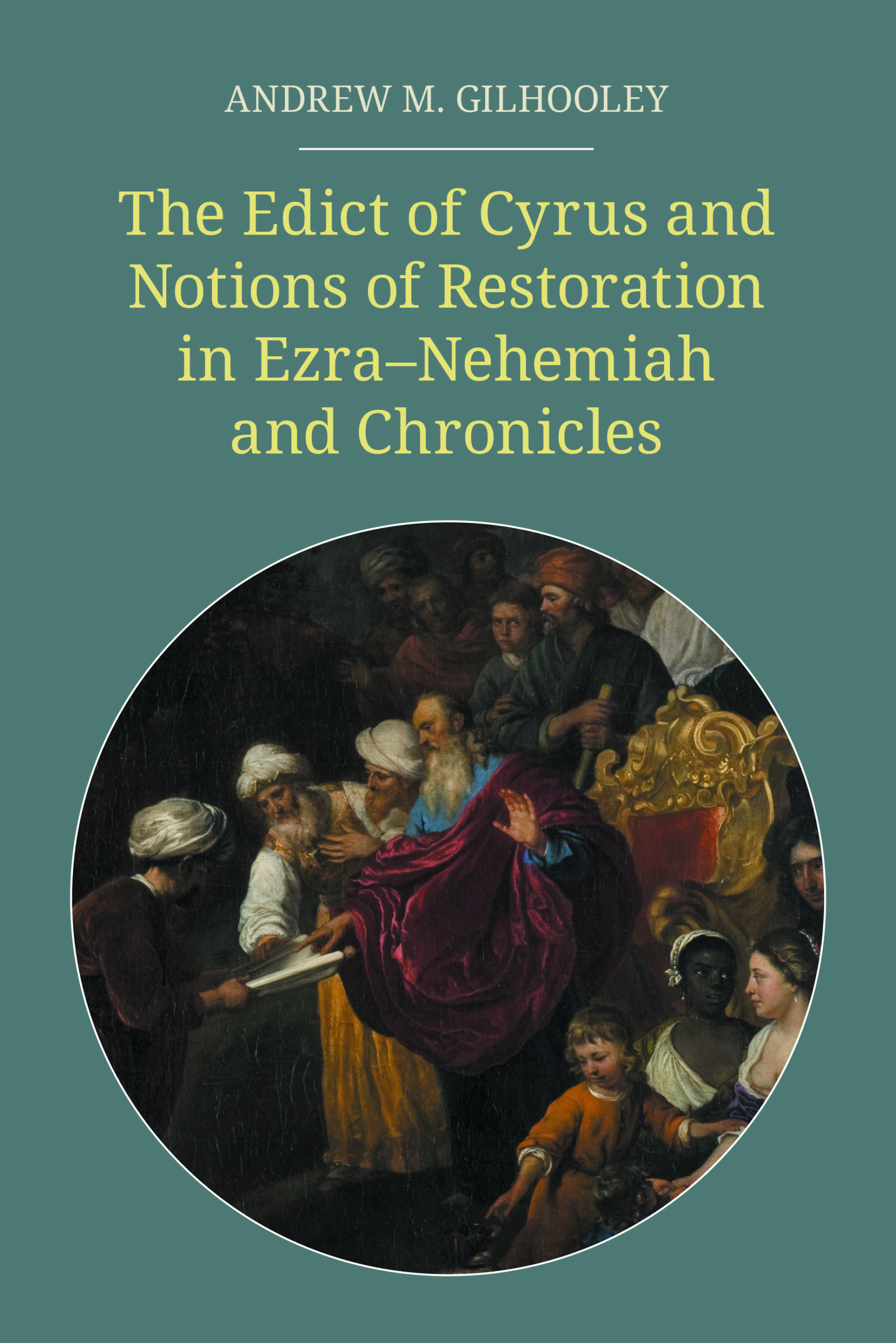
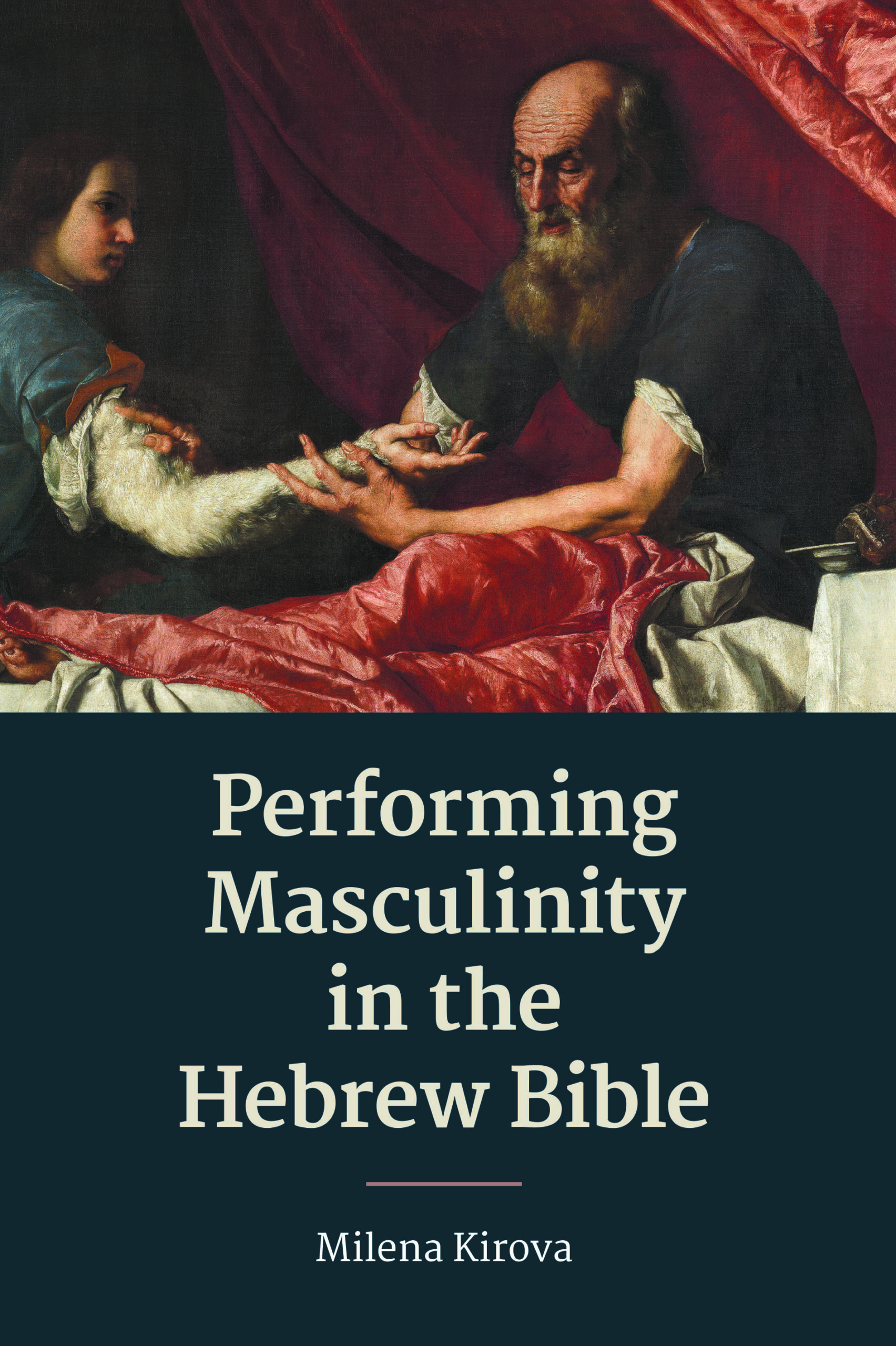

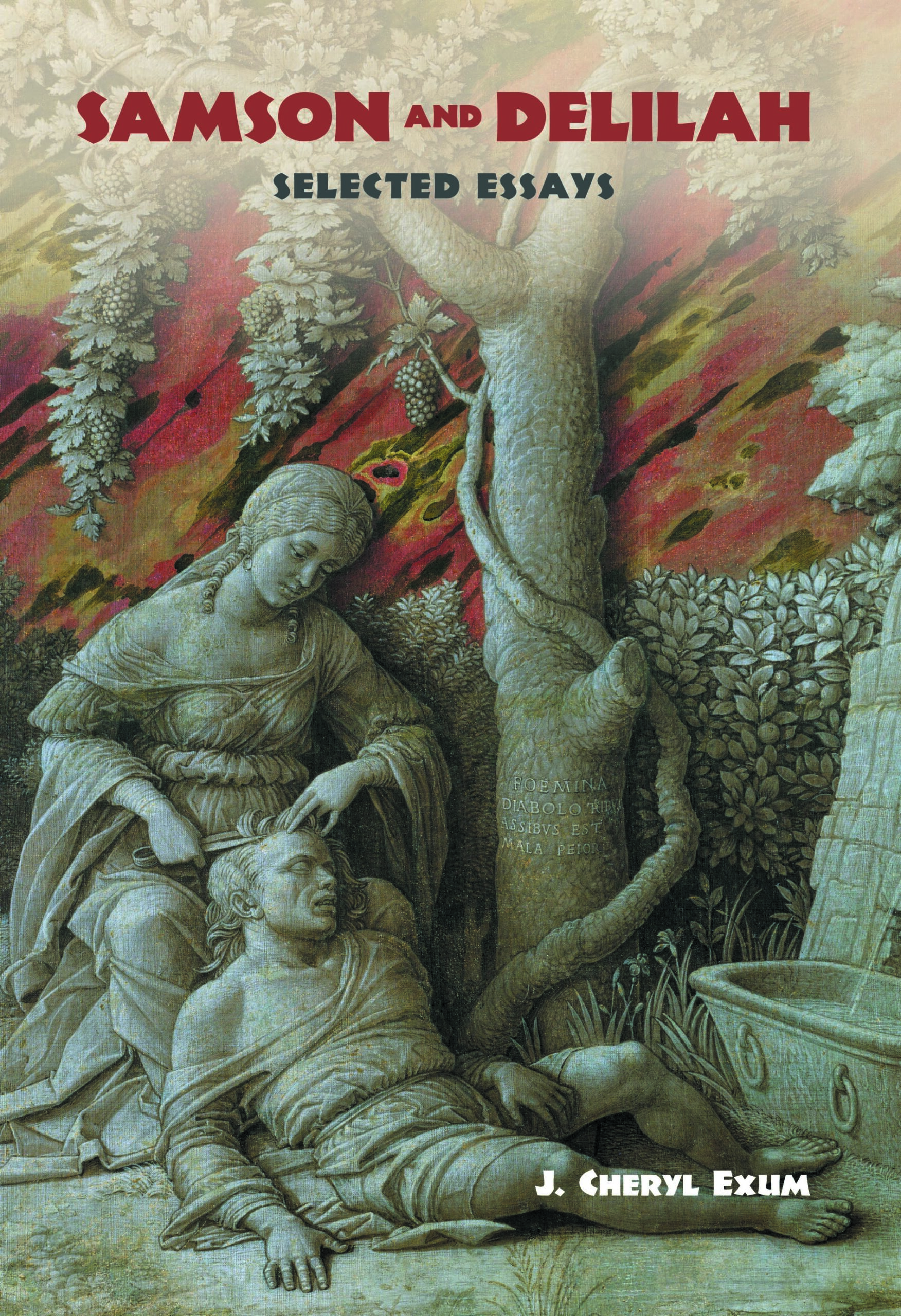
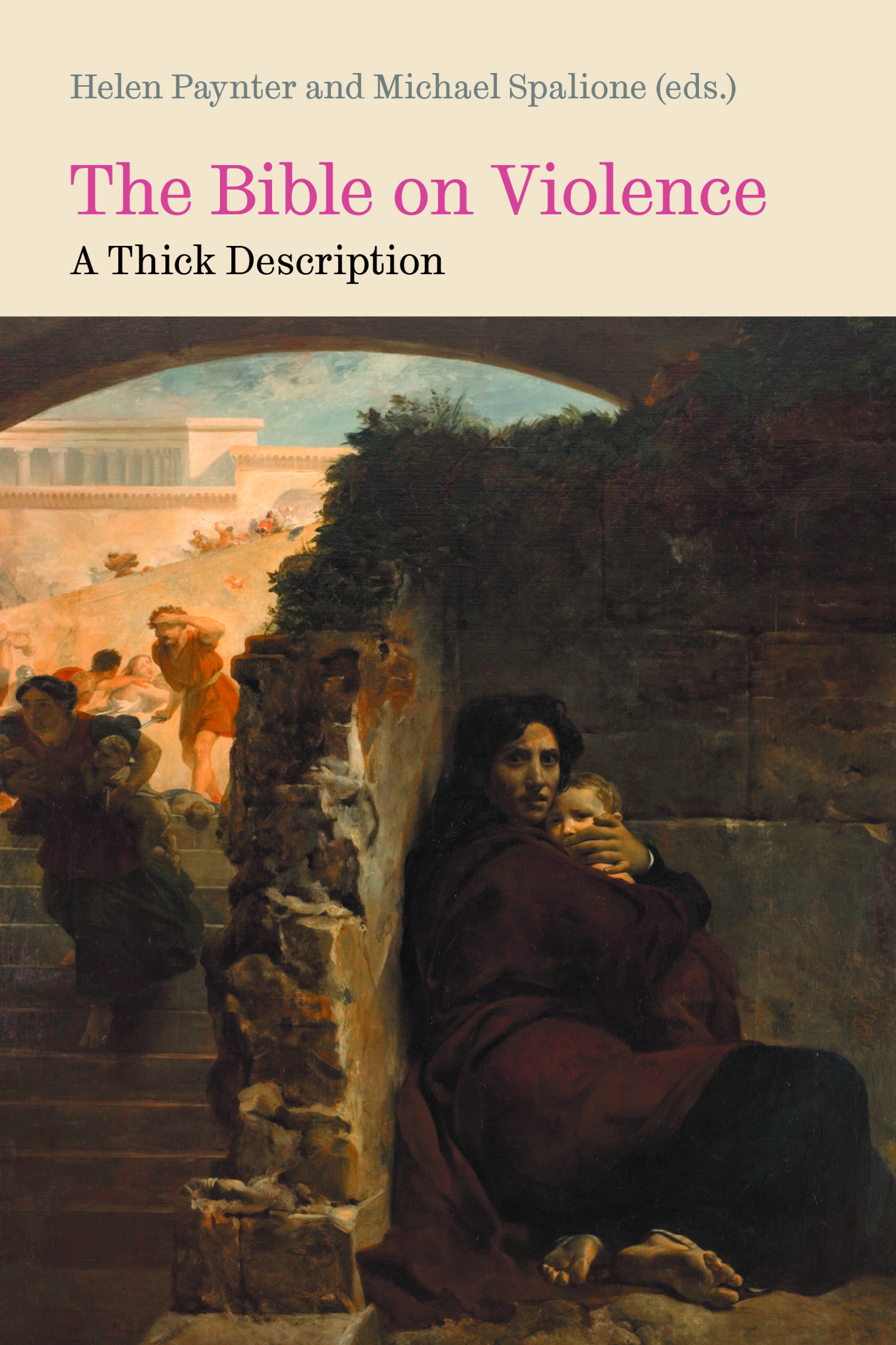

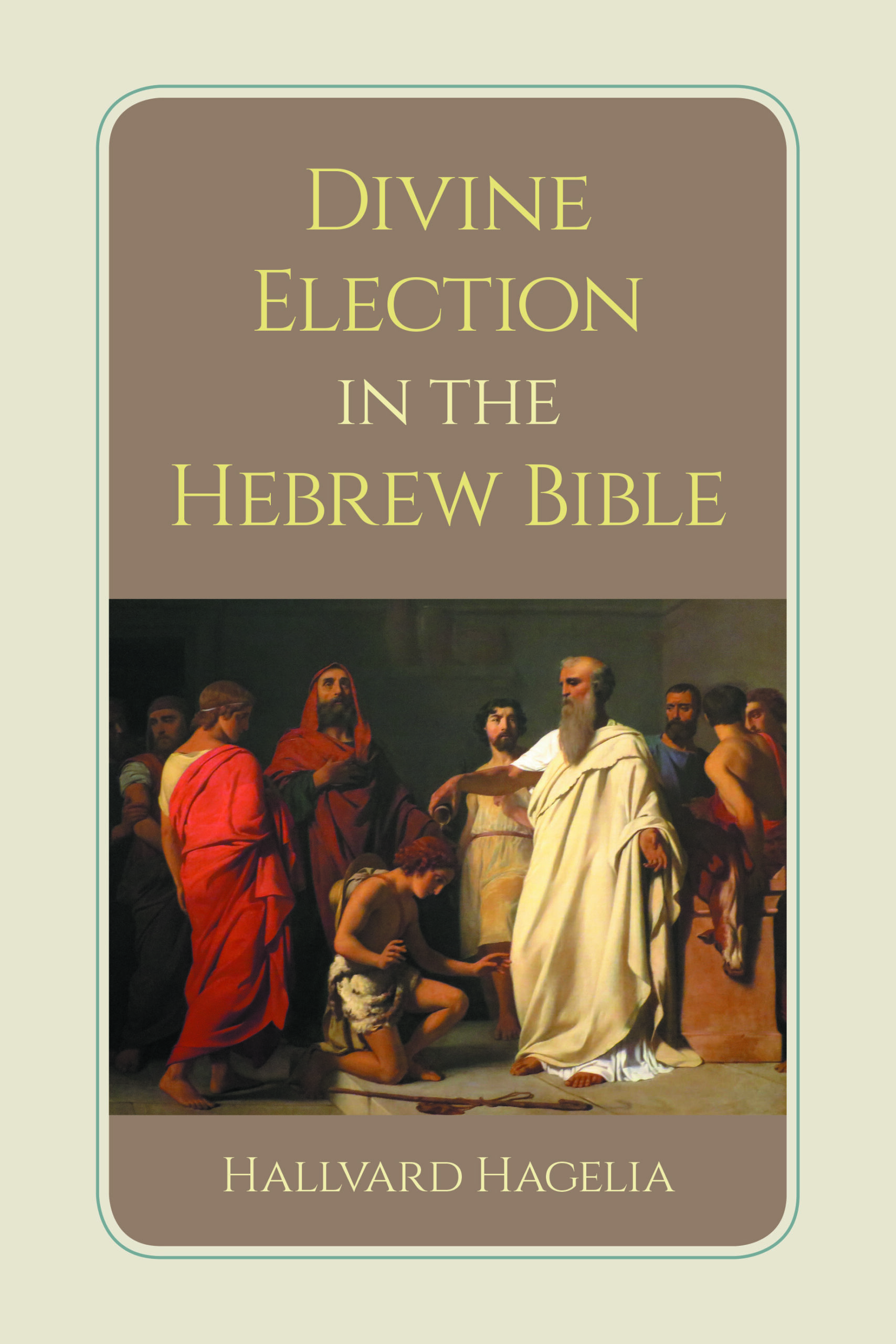
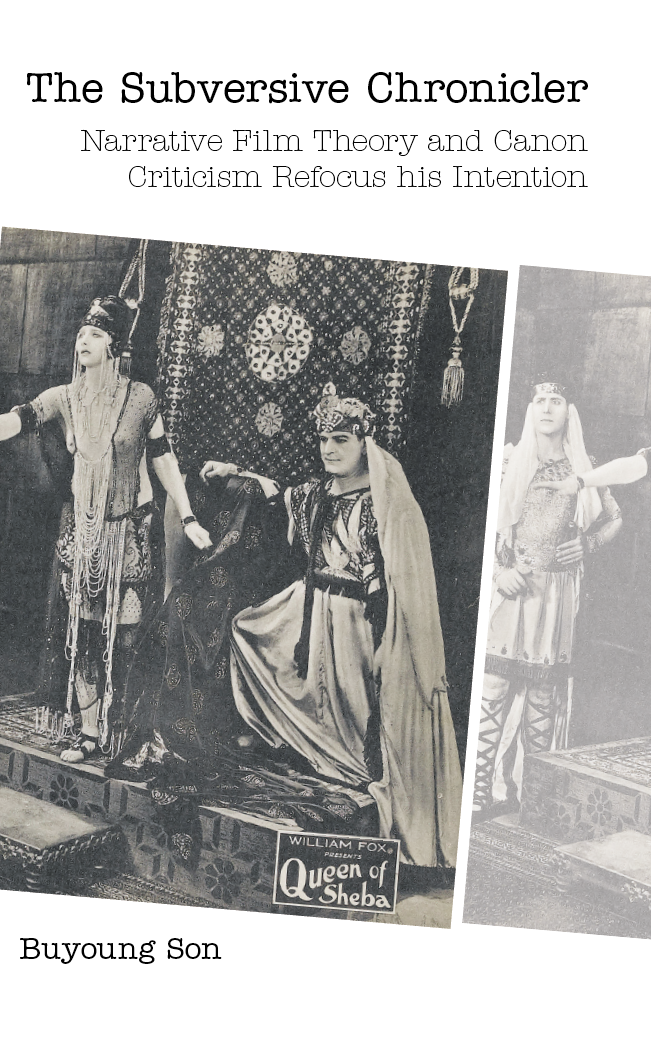
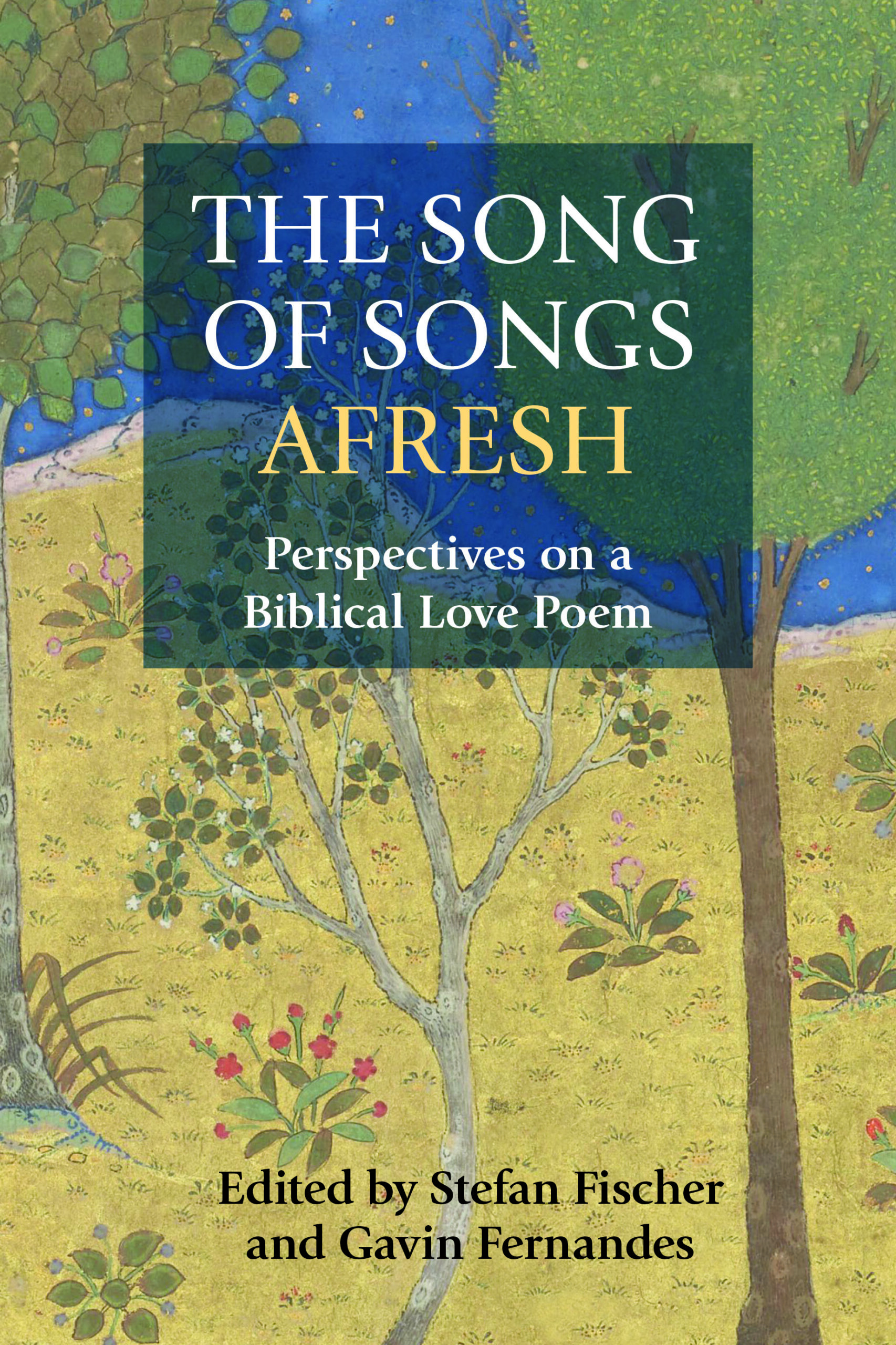

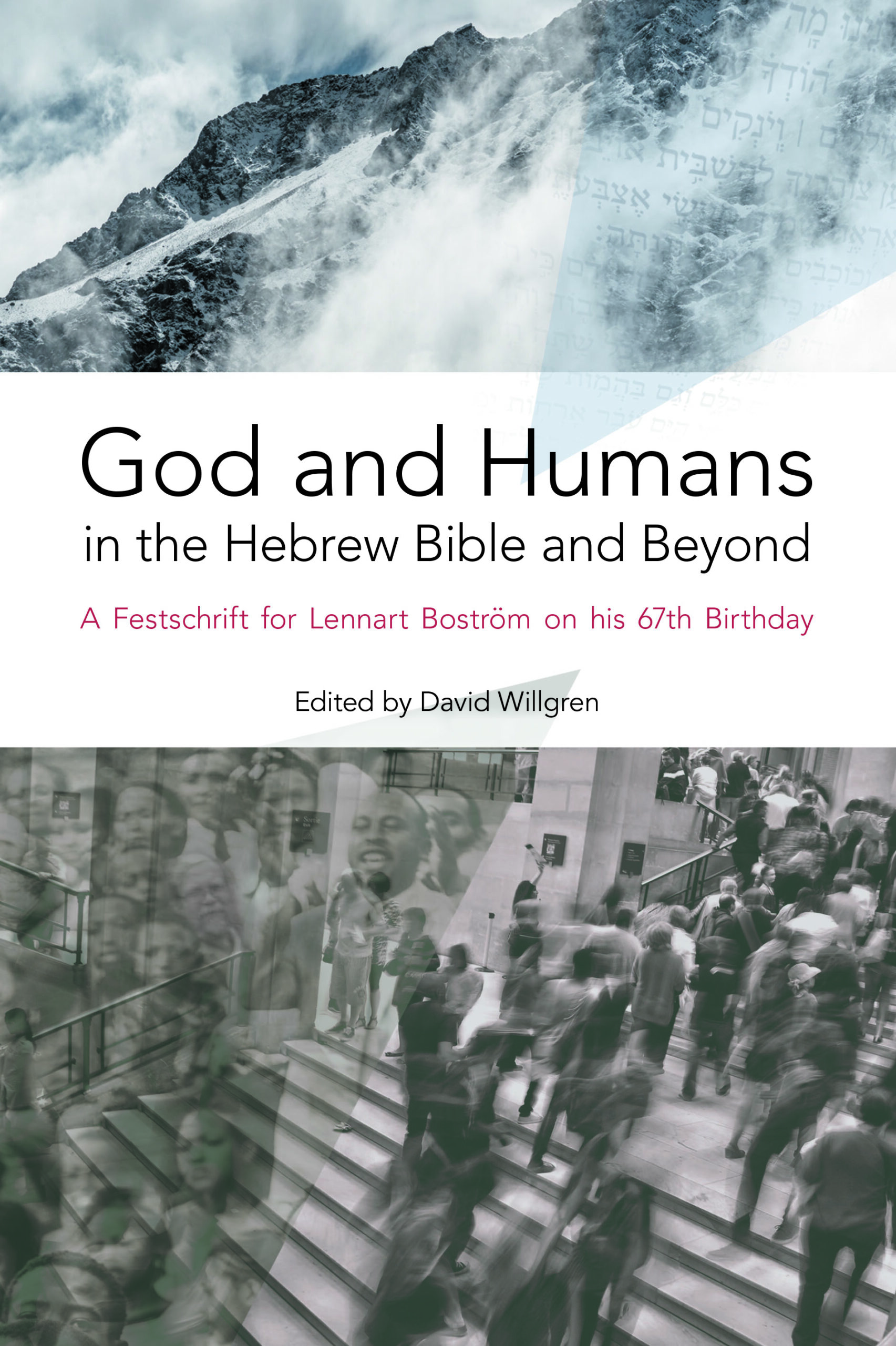
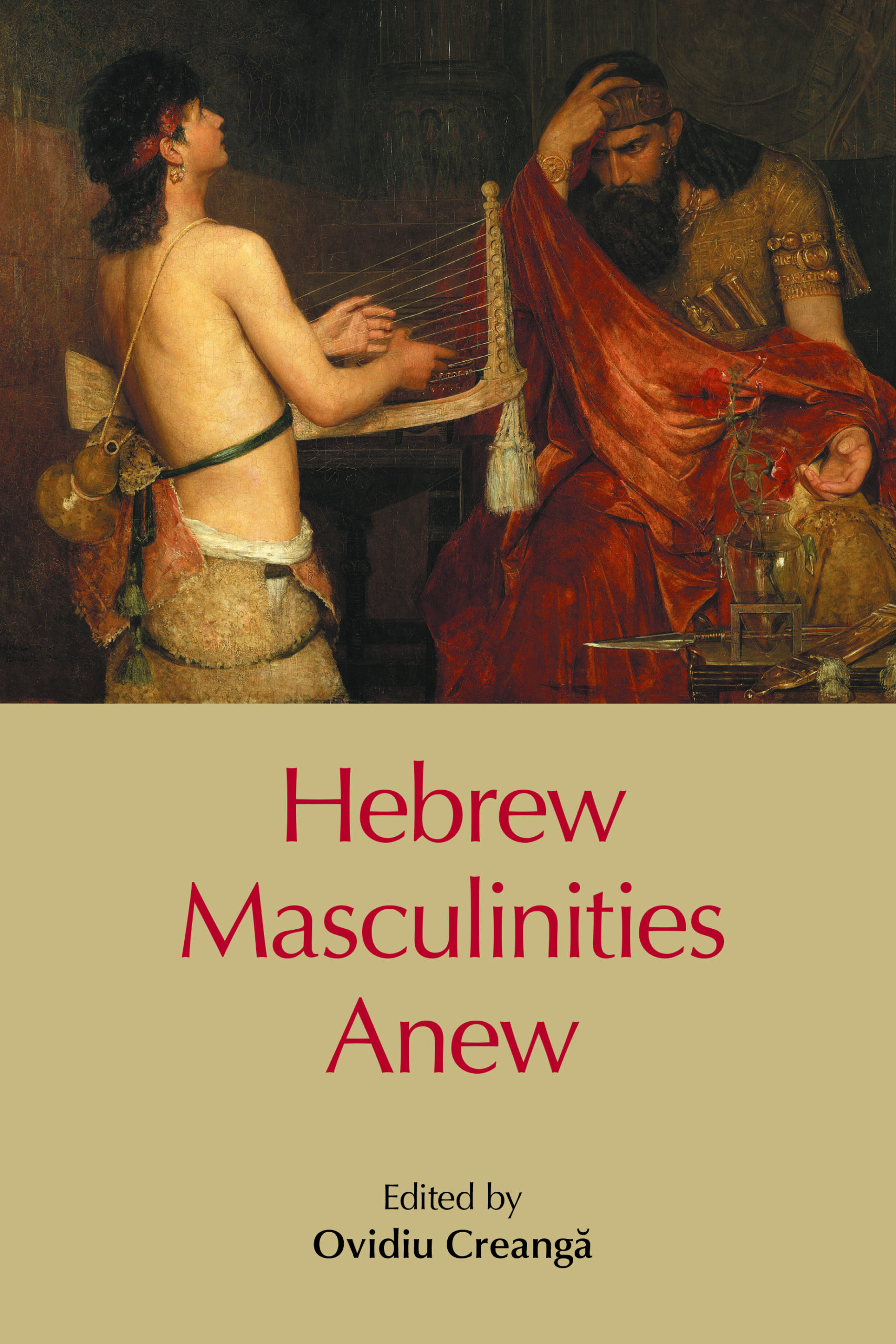
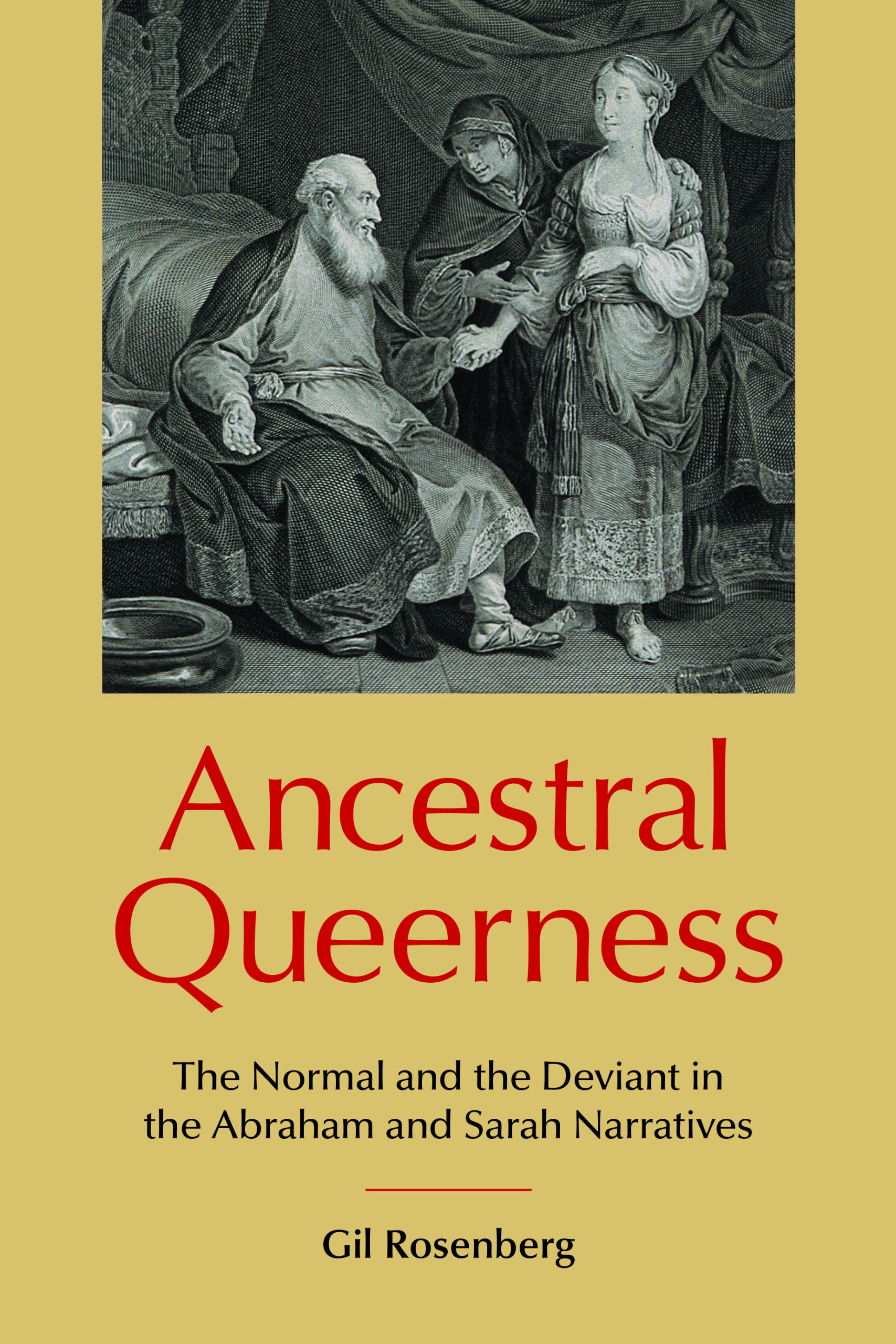
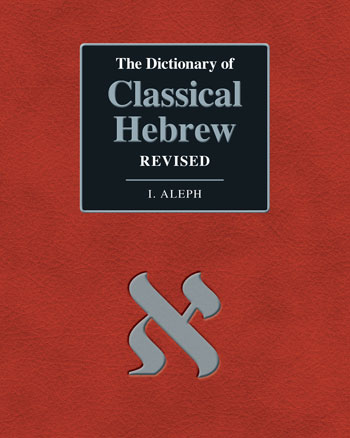
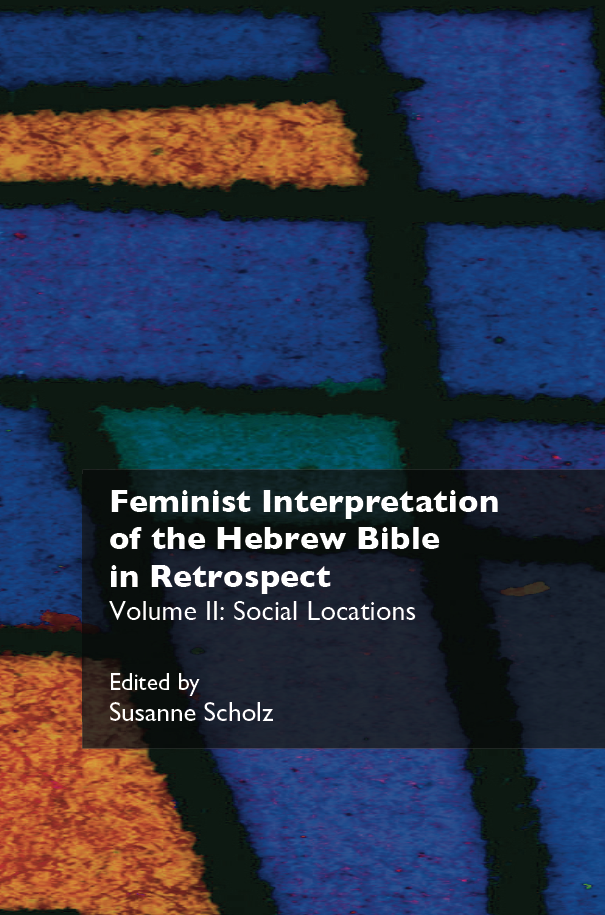
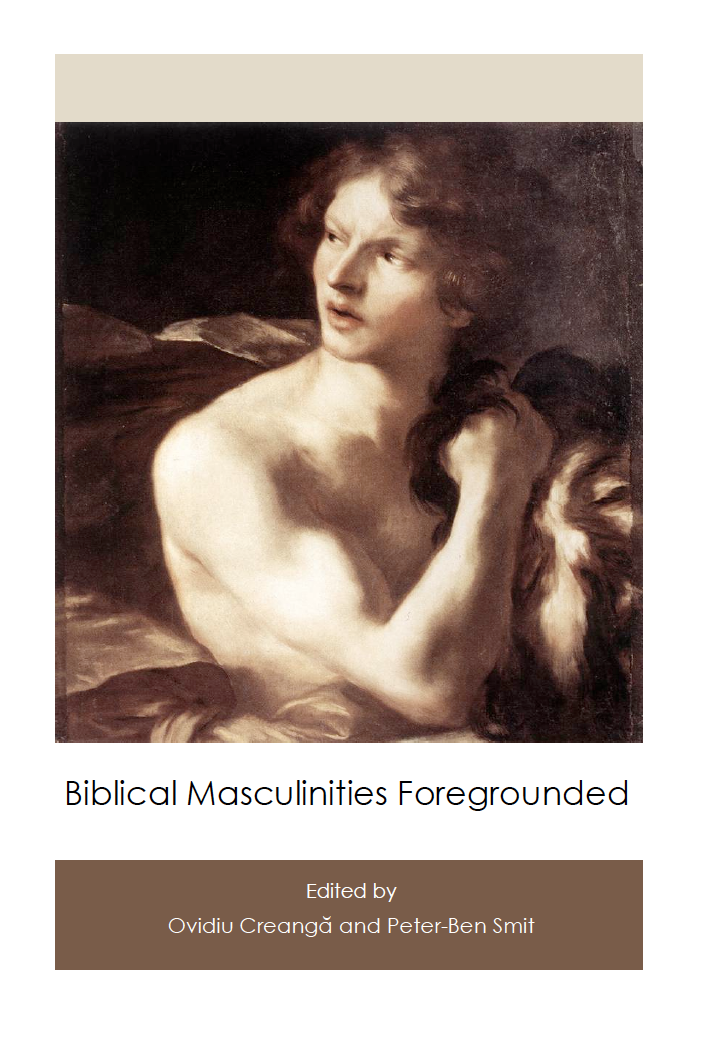
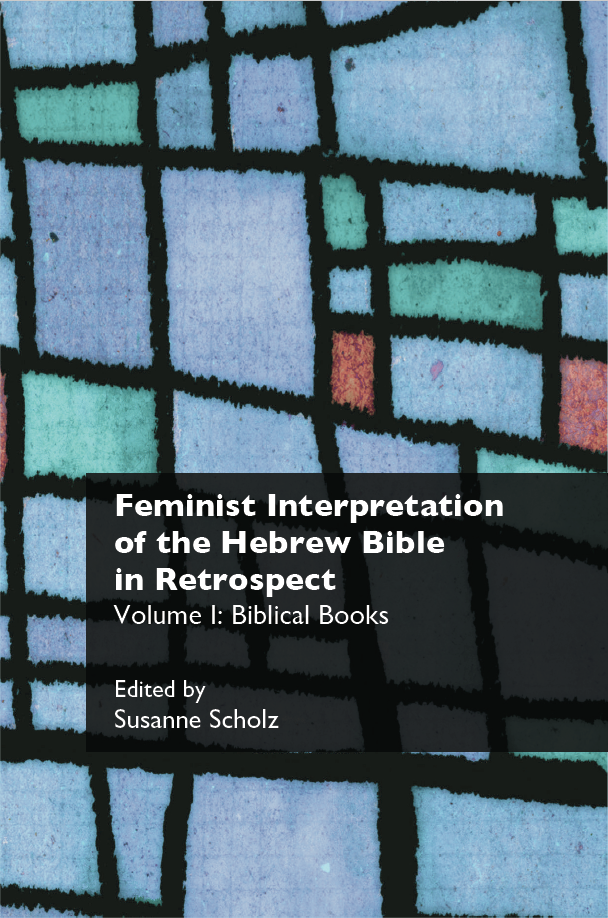
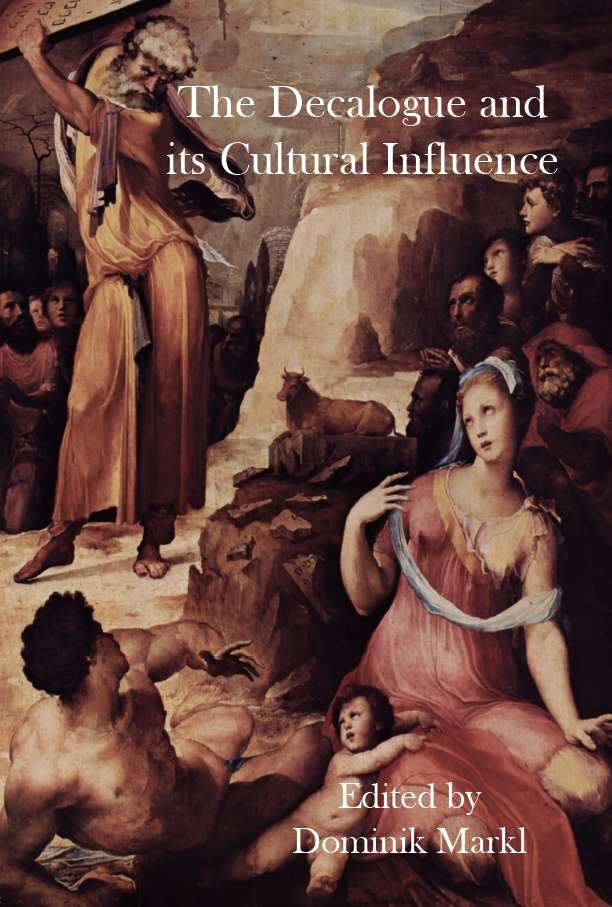
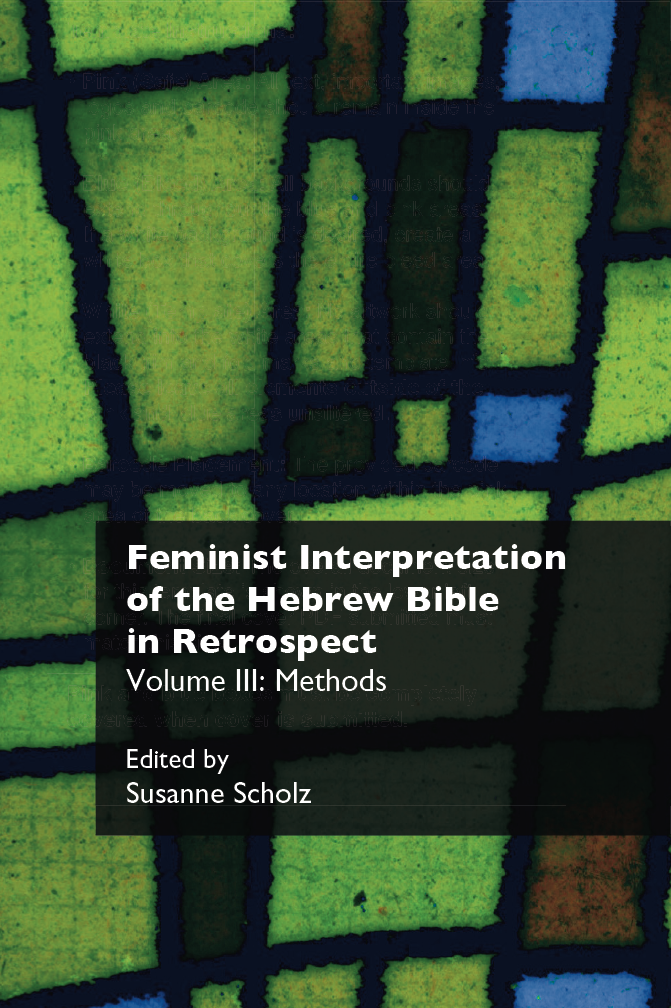

Ezra: A Commentary
Ezra: A Commentary